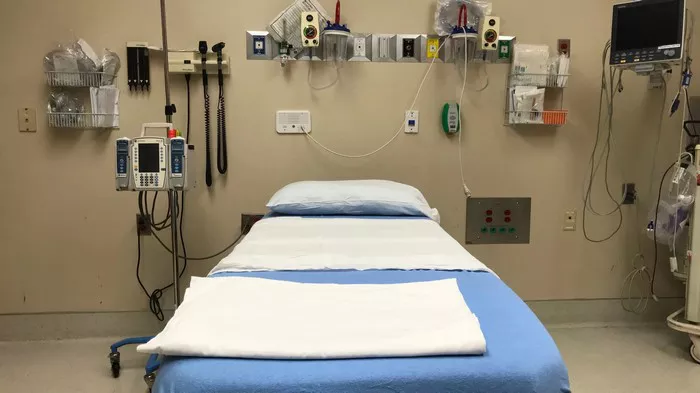A recent report jointly launched by UNICEF and WHO on Menstrual Hygiene Day sheds light on critical gaps in menstrual health and hygiene in schools worldwide. Here are ten key insights from the report:
Only 39% of schools globally provide menstrual health education, with a notable increase in secondary schools, where 84% in Central and Southern Asia offer such education compared to 34% in primary schools.
Merely 31% of schools globally have bins for menstrual waste in girls’ toilets, dropping to 17% in least developed countries and 11% in sub-Saharan Africa.
Access to menstrual products remains a challenge, with only 12% of schools in sub-Saharan Africa providing them for free or purchase.
Adolescent schoolgirls in many countries lack clean toilets or private spaces to change menstrual products at school.
Unequal access to water and soap exacerbates the issue, with urban, private, and girls-only schools having better facilities, highlighting inequalities.
Millions of girls worldwide are unprepared for menstruation before experiencing their first period, indicating a lack of awareness and education.
Stigma surrounding menstruation persists, impacting girls’ mental health and school attendance due to shame and discomfort in discussing the topic openly.
The report highlights a significant gap in teacher training on menstrual hygiene education, hindering their ability to provide accurate information and support to students.
Only 30 countries have relevant data tracking menstrual health indicators, impeding comprehensive understanding and addressing of the issues.
While some countries show progress, more targeted policies and investments are needed globally to improve menstrual health and hygiene in schools, ensuring dignity, safety, and confidence for every schoolgirl.
The report underscores the urgent need for concerted global action to address these challenges, emphasizing that achieving universal access to safe drinking water, sanitation, and hygiene, including menstrual health, is crucial for sustainable development by 2030.


